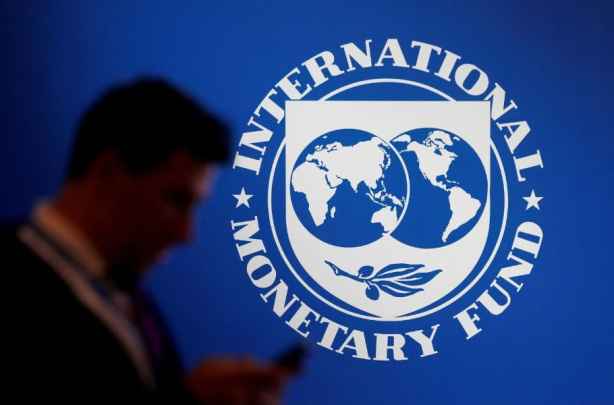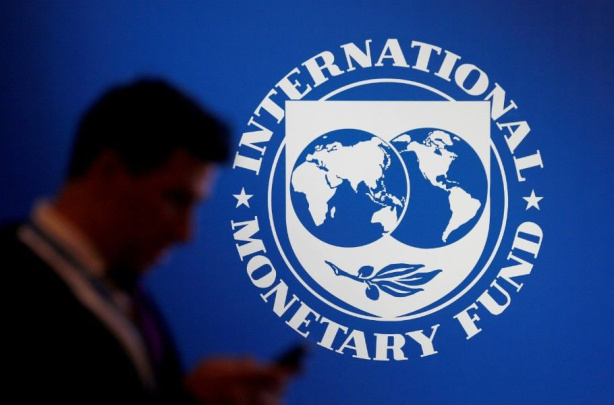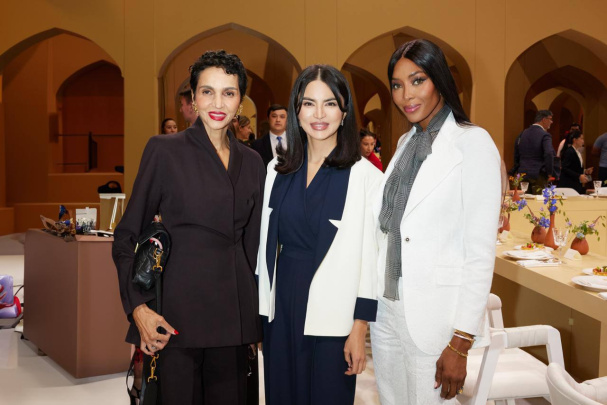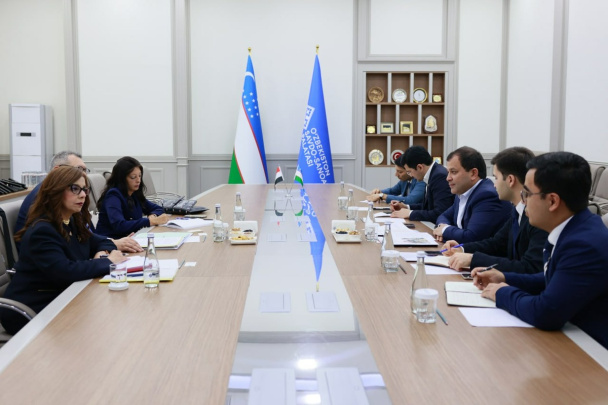World Conference on Creative Economy: Uzbekistan aims for 5% of GDP from creative industries
Uzbekistan is currently hosting the 4th World Conference on Creative Economy, which kicked off on October 2 and will run until October 4. More than 2,000 delegates from various countries are participating, discussing the limitless potential of ideas in a world where resources are finite. Creative economy, according to participants, is an economy driven by ideas.
The central theme of this year’s conference is “Inclusive Creativity in a Changing Reality.” Key discussions focus on the future of the creative economy and the impact of emerging technologies such as artificial intelligence. The cultural and creative industries generate an estimated $2.3 trillion annually, contributing 3.1% to global GDP, with projections indicating this could rise to 10% by 2030. The conference was opened by British actress, supermodel, and media personality Naomi Campbell.
Uzbekistan's Prime Minister Abdulla Aripov delivered a speech emphasizing the importance of the creative economy. He highlighted that the country's goal is for 5% of its GDP to come from creative industries. Meanwhile, Rebecca Grynspan, Secretary-General of the United Nations Conference on Trade and Development (UNCTAD), pointed out that while the share of global trade in services is decreasing, technology is dominating, and the creative economy could soon account for up to 12% of global GDP.
“I always say talent is the world’s greatest distributor. No matter where you are, the creative economy finds its audience and guarantees customers,” said a UN representative.
The international platform for this event originated in Indonesia, where the creative economy was first introduced as a global topic of discussion six years ago. Today, Indonesia's creative economy contributes $93 billion to the country's exports, representing 8% of its GDP, according to Indonesia’s Minister of Tourism and Creative Economy.
Qatar Museums Chair Sheikha Al Mayassa underscored the importance of cultural heritage in achieving success, while Chinese professor Chengqing Zong highlighted the significance of artificial intelligence in shaping the future of the creative economy.
“Integrating artificial intelligence with the creative economy will yield remarkable results. With AI, we can generate unique, non-replicable ideas in fields like architecture, art, museums, construction design, and advertising,” Zong explained.
Borina Andrieu, Director of the French Association of Architects, added that art and economy are interconnected. “Economy finances art, and art engages the public. Economy, culture, and creativity form a cycle that complements each other. For instance, if you have a rich history and culture, you showcase it, and your economy benefits. A museum, for example, never loses value—its exhibits remain valuable while generating profit,” she noted, emphasizing the long-term economic potential of creative industries.
Related News

18:13
IMF projects strong GDP growth for Uzbekistan in 2024 and 2025

14:26
IMF recommends Uzbekistan to reassess tax incentives to boost economic growth

09:42
Saida Mirziyoyeva participates in World Conference on Creative Economy

15:54 / 28.09.2024



